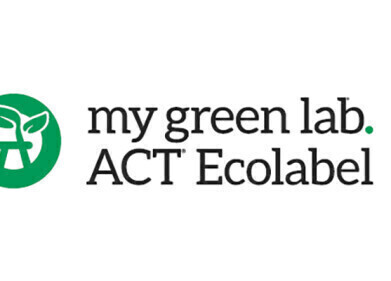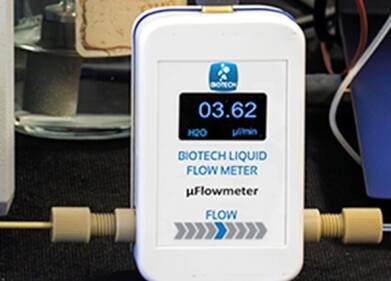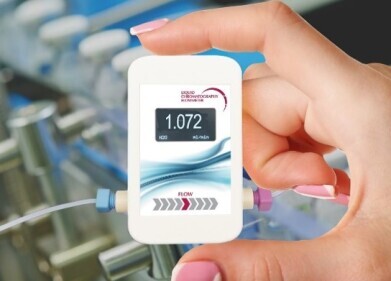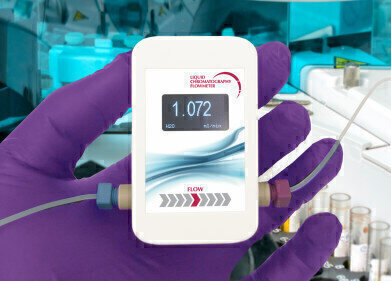-
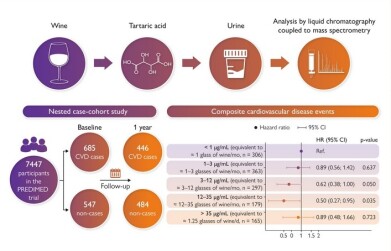 Multicentre study provides evidence that drinking between a half glass and a full glass of wine per day could help reduce the risk of heart problems. Picture credit: European Heart Journal
Multicentre study provides evidence that drinking between a half glass and a full glass of wine per day could help reduce the risk of heart problems. Picture credit: European Heart Journal
Liquid chromatography
Relationship established between moderate wine consumption and improved cardiovascular health
Dec 25 2024
Analysis made of urinary tartaric acid as a biomarker for wine through use of liquid chromatography and mass spectrometry
According to a study, published in the European Heart Journal, light to moderate consumption of wine is associated with a lower risk of cardiovascular complications. The analysis of a biomarker as an analogue for wine intake ─ specifically tartaric acid, which is present in grapes ─ was determined through the application of liquid chromatography and mass spectrometry techniques.
Carried out among 1,232 participants the PREDIMED project is a major scientific epidemiological study in nutrition on the effects of the Mediterranean diet on cardiovascular health across a multicentre study led by researchers from the University of Barcelona (UB), the Hospital Clínic and the August Pi i Sunyer Biomedical Research Institute (IDIBAPS), the Physiopathology of Obesity and Nutrition Networking Biomedical Research Centre (CIBEROBN) and the University of Navarra (UNAV).
According to the researchers: “The effects of moderate and responsible wine consumption are still the subject of debate in the scientific community. [However,] the results of this study … should help to place moderate wine consumption … as an element of the Mediterranean diet, considered to be the healthiest in the world”.
There remains controversy about the health effects of moderate consumption of alcohol, in general, but wine in particular. There are conflicting study results with some pointing to a protective effect of wine, with others founding no effect.
These differences in outcome could be explained by errors in recording wine consumption whereby epidemiological studies assessing the role of wine in the rate of cardiovascular events are often based on self-reported information on wine consumption.
In response to this problem, the researchers in this study measured wine consumption by means of food intake frequency surveys, which they confirmed with an objective biomarker: the concentration found in urine of tartaric acid, a molecule produced mainly in grapes and rarely synthesized by other plant species, through the application of liquid chromatography and mass spectrometry to provide empirical analysis.
The principal authors of the study are the researcher Inés Domínguez, from the UB’s Faculty of Pharmacy and Food Sciences and the Nutrition and Food Safety Research Institute (INSA); Professor Ramon Estruch, from the UB’s Faculty of Medicine and Health Sciences and IDIBAPS; Rosa María Lamuela, professor and ICREA Academia, and member of INSA, and Professor Miguel Ángel Martínez, from the University of Navarra (UNAV); all members of CIBEROBN.
For further reading visit: 10.1093/eurheartj/ehae804
Digital Edition
Lab Asia Dec 2025
December 2025
Chromatography Articles- Cutting-edge sample preparation tools help laboratories to stay ahead of the curveMass Spectrometry & Spectroscopy Articles- Unlocking the complexity of metabolomics: Pushi...
View all digital editions
Events
Jan 21 2026 Tokyo, Japan
Jan 28 2026 Tokyo, Japan
Jan 29 2026 New Delhi, India
Feb 07 2026 Boston, MA, USA
Asia Pharma Expo/Asia Lab Expo
Feb 12 2026 Dhaka, Bangladesh
